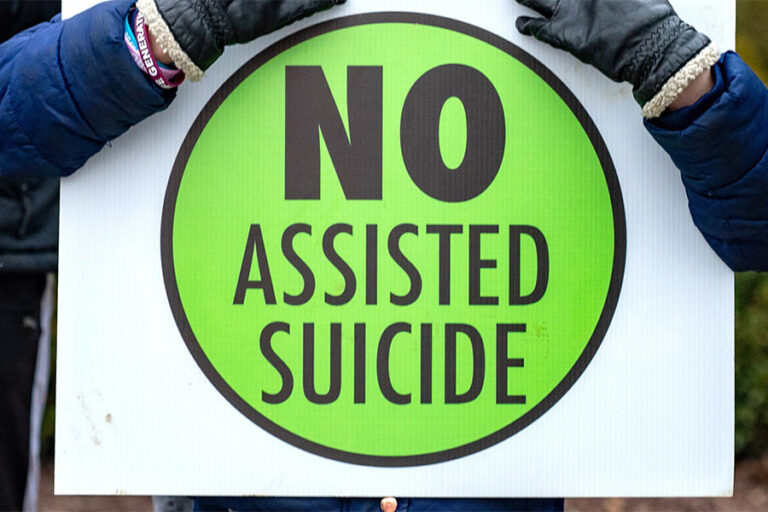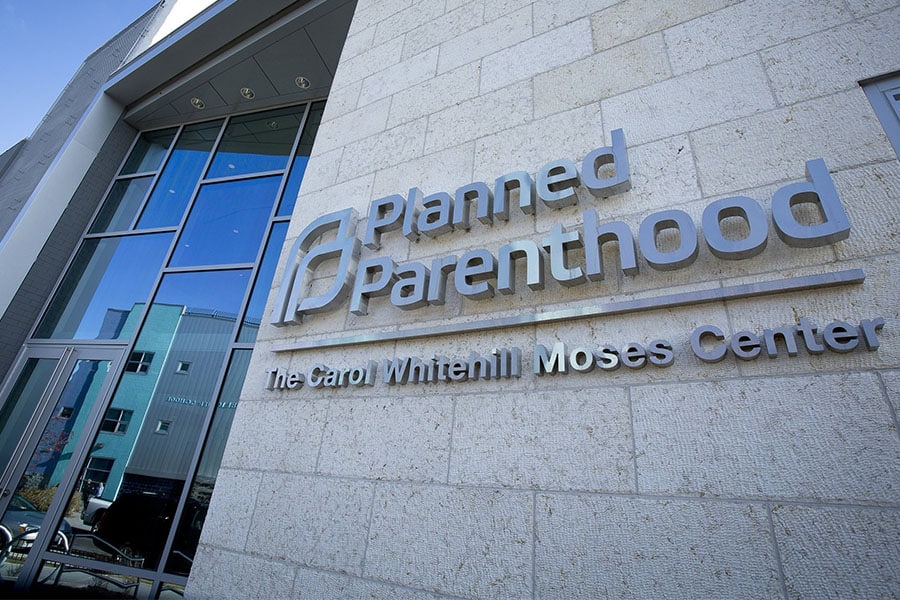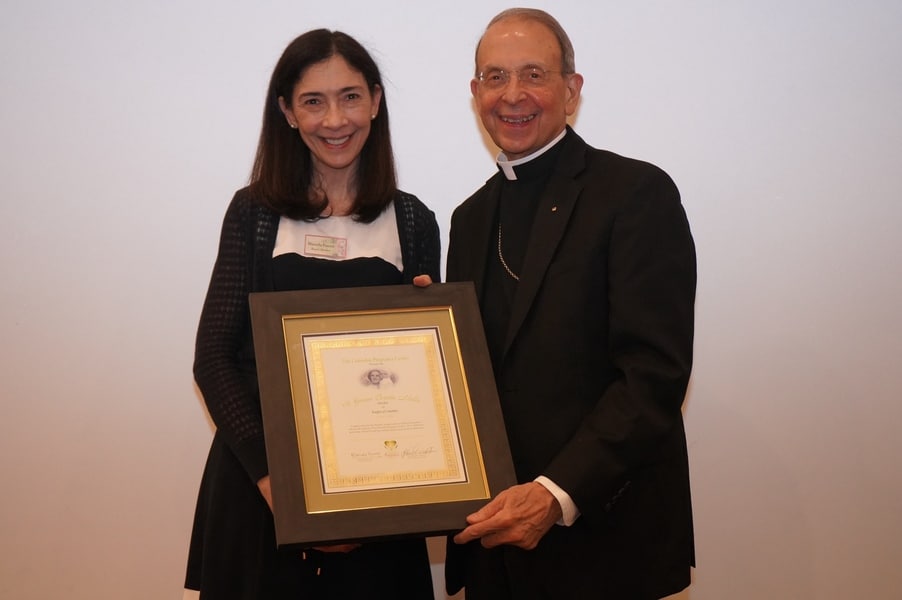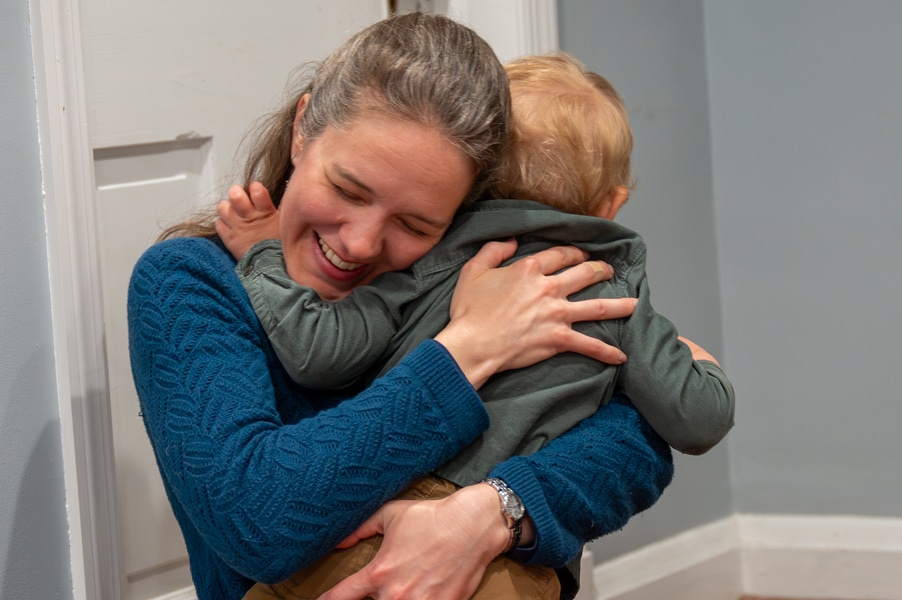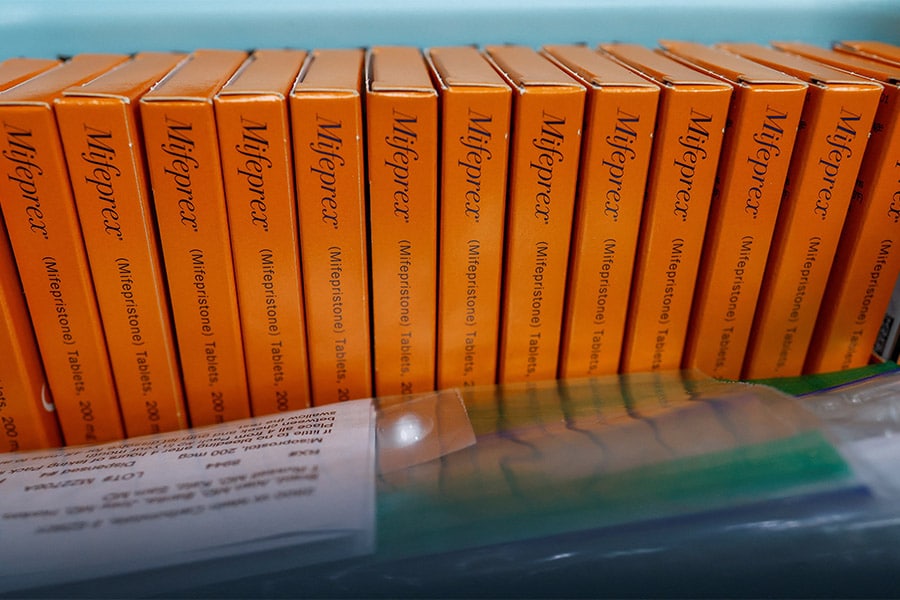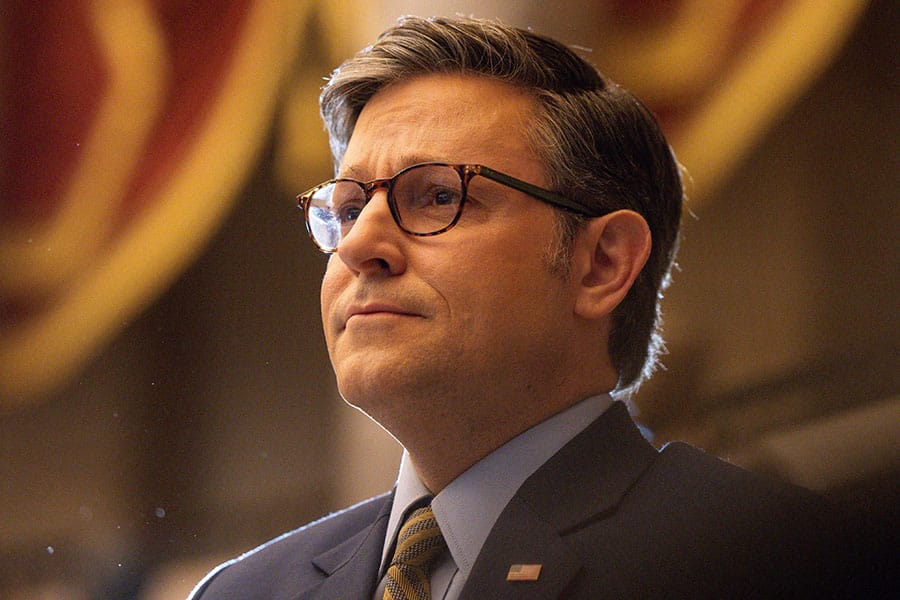West Virginians appeared on track to approve a constitutional amendment to ban medically assisted suicide and euthanasia in their state, with the ballot measure leading by just several thousand votes as the counting of votes from Election Day Nov. 5 continued into the following morning.
With 90 percent of precincts reporting, votes in favor of the ban numbered 336,039, or nearly 50.5 percent, and those against it numbered 330,236, or 49.5 percent, according to a vote tally reported early Nov. 6 by The New York Times.
Amendment 1 states, “No person, physician, or health care provider in the State of West Virginia shall participate in the practice of medically assisted suicide, euthanasia, or mercy killing of a person.” The amendment also makes clear that it does not interfere with the provision of pain-relieving medication in palliative care, the voluntary withdrawal of life-sustaining treatment, or the state’s ability to inflict capital punishment.
The Catholic Church in West Virginia had urged passage of the constitutional amendment.
“We are grateful that West Virginia voters have chosen to love, care, and comfort their family members rather than toss them aside. Each and every one of us is a gift from God and it is up to us to cherish that gift until we return to him according to his divine will,” Bishop Mark E. Brennan of Wheeling-Charleston told OSV News.
“It was the slimmest of victories but it passed nonetheless,” said West Virginians for Life, an affiliate of the National Right to Life Committee, in a Nov. 6 Facebook post. The organization said it was “so thankful!” for the apparent win.
In an Oct. 18 message regarding Amendment 1, Bishop Brennan had said medically assisted suicide and euthanasia are unacceptable since “our lives are a gift that we did not earn but which we must cherish.
“Suicide, even if done for altruistic reasons, is a rejection of our place in the human community, because we choose to leave it before we have to,” said Bishop Brennan.
He noted that both “the Catholic and Jewish traditions hold that the commandment, ‘Thou shall not kill,’ applies not only to taking someone else’s life but also to taking one’s own.”
The thin line between euthanasia and medically assisted suicide is defined by who administers a lethal dose of drugs. In euthanasia — currently illegal throughout the United States — medical personnel actively kill the patient under certain criteria; in medically assisted suicide, the physician prescribes the lethal drugs to the patient, but doesn’t administer them directly — the patient does.
The teaching of the Catholic Church is quite specific, with the Second Vatican Council condemning “euthanasia or wilful self-destruction” among the moral “infamies” that “poison human society” and are a “supreme dishonor to the Creator.”
Recent popes also have spoken strongly about the issues at stake. In his 1995 encyclical “Evangelium Vitae” (“The Gospel of Life”), St. John Paul II warned of such procedures, stating, “Here we are faced with one of the more alarming symptoms of the ‘culture of death.'”
The Catholic Church outlines that it is morally acceptable for people to forgo “extraordinary” medical treatment as the Catechism of the Catholic Church notes: “Discontinuing medical procedures that are burdensome, dangerous, extraordinary, or disproportionate to the expected outcome can be legitimate; it is the refusal of ‘over-zealous’ treatment. Here one does not will to cause death; one’s inability to impede it is merely accepted.”
Bishop Brennan stressed in his Oct. 18 message that “many of the reasons that lead people to choose the help of medical personnel to end their lives can be met by non-lethal means,” such as pain medicine and the support of loved ones.
“Medically assisted suicide corrupts the medical profession” and inverts the medicine’s fundamental principle to “do no harm,” Bishop Brennan continued, pointing to grave abuses of such as the medical experimentation of Nazi doctors, the punitive psychiatric confinements inflicted by Soviet Union doctors, and the forced sterilizations performed by U.S. doctors on thousands of women during the 20th century as part of the eugenics movement.
Bishop Brennan also warned of the expansion of medically assisted suicide in Oregon, making that state “a favored site for ‘suicide tourism,'” as well as in Canada and the Netherlands.
“Where does medically assisted suicide end? In more and more graves,” said Bishop Brennan. “Is this what we want in West Virginia?”
What does the Catholic Church teach about suicide?
Catholic teaching holds that “suicide contradicts the natural inclination of the human being to preserve and perpetuate his life,” and is “gravely contrary to the just love of self” as well as an offense against “love of neighbor because it unjustly breaks the ties of solidarity” with the human family (Catechism of the Catholic Church, 2281).
While certain factors such as “grave psychological disturbances” and “torture” can diminish the responsibility of those who take their own lives (Catechism, 2282) — and while the Church “does not despair of the eternal salvation of persons who have taken their own lives” (CCC, 2283) — Catholic teaching states that “intentional euthanasia, whatever its forms or motives, is murder” (CCC, 2324).
Read More Respect Life
Copyright © 2024 OSV News

